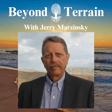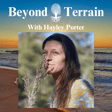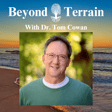
Lucas Palmer on Finding Purpose, Breaking Out of Boxes, Learning and Growing, and So Much More!
This week, we are joined by Lucas Palmer for a truly enjoyable conversation. We got to hear Mr. Palmer's insights on health, largely stemming from his own personal journey.
We discussed diagnoses, the psychiatric setting, and how this can place you in a box. We also asked an important question about what is considered normal. This led to a discussion on what is abnormal within the context of diagnoses and mental health.
We talked about finding your own path, discovering what works for you, trial and error, and more. We also covered developing skills, learning about oneself, and so much more!
I hope you enjoy the episode!
I apologize to Mr. Palmer and the viewers for the technology error and the poor quality of Mr. Palmer's track. I appreciate your understanding.
Learn from me
https://www.instagram.com/beyond.terrain/
https://linktr.ee/beyondterrain
https://x.com/BeyondTerrain
Support the vision
Share!!!
BCH: bitcoincash:qq7eq276ylanluc5e39unrqshkvs9xsemg07yxezf7
ETH: beyondterrain.eth
BTC: bc1qqwc470ktgj3l4myqxr5hq67rnlqys0qm98u6f0
https://www.buymeacoffee.com/beyondterrain
Learn from and support

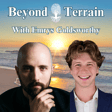
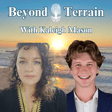
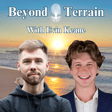
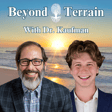
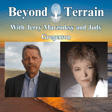

![DNA Doesn't Exist & Genomic Nonsense with Dr. Jerneja Tomsic [Part 2] image](https://media.zencastr.com/cdn-cgi/image/width=112,quality=85/image-files/652933f3a749dc383eb375de/ce5a5fd9-98c9-44fe-9b4b-3d0cd5abcf29.png)
